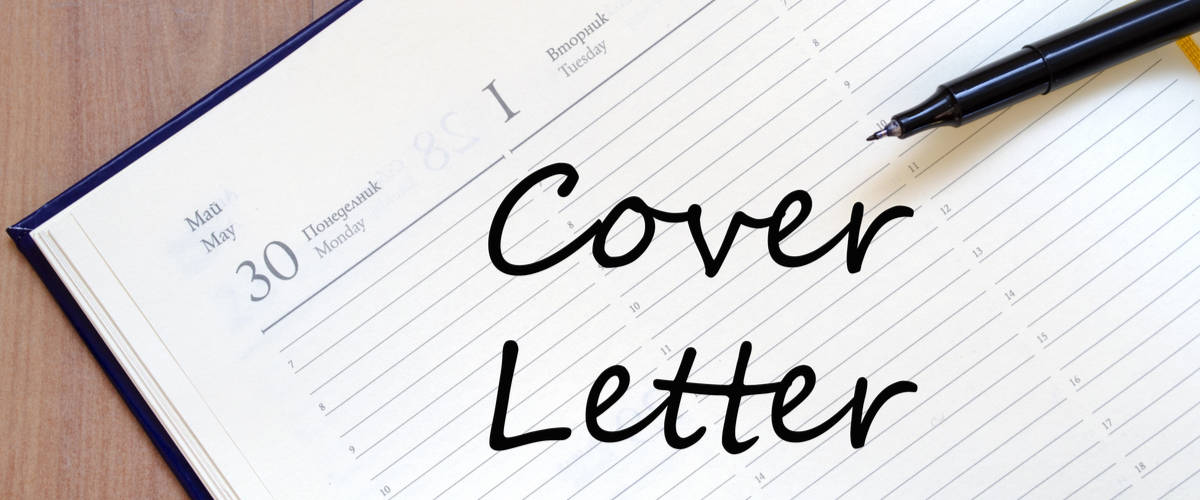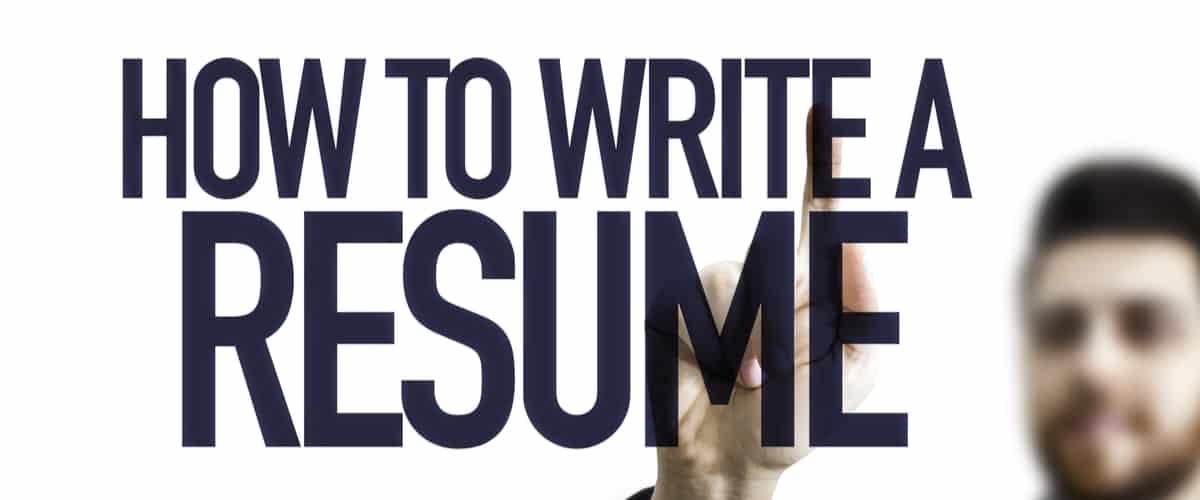
Is it Better to Have a One or Two Page Resume?
One or Two Pages for a Resume: What’s Better?
How long should your resume be? A lot of job seekers ask this question, and the answer is, “It depends.”
That said, the golden rule for resumes is to never use more than two pages. Exceptions, however, include professionals like medical doctors, research scientists, and professors with extensive work experience and memberships as well as a list of publishing credits.
For most of us, experts recommend a one-page resume.
Part of the reason is that recruiters and hiring managers have limited time and make decisions very quickly about whether to interview you or not, usually in fewer than 30 seconds.
With a one-page goal, you’ll have to squeeze in as much relevant information as possible without neglecting anything essential. But you don’t want a wall of text that’s hard to read, either. An attractive resume means plenty of white space so it’s easy to read and easy on the eyes.
You can reduce margins a little and lower the font from 12 to 11, but every recruiter and hiring manager knows that trick. So, don’t reduce the font to 10 and let text run to the edges of the page. That makes a poor impression. A recruiter might think, “Why should I spend time with you if you won’t spend time writing your resume?”
Who should use a one-page resume?
If you’re a recent college graduate, out of college less than 10 years, or you’ve only had two or three positions, a one-page resume is the right length for you.
A young graduate usually has little career experience, and some might even struggle to fill a resume that’s one page long. The good news is that employers don’t expect you to have long lists of work experience and accomplishments, and you can just focus on the skills you’ve developed so far.
If you’ve only had a few positions including job-related volunteer work, you should be able to craft a one-page resume, too. Choose only the most important skills you used at each job, and make sure they’re relevant to the job you’re applying for. Remove any that don’t. Read the job description carefully to make sure your skills are a good match.
If you need ideas for recent graduate and entry-level resumes, you’ll find plenty of tips for showcasing your skills right here.
The key to fitting all relevant experience on one page is being concise.
Job seekers with long career paths often can’t fit everything on a single page. But the same logic applies. You need to get the right details written in the least amount of space possible. Keep everything brief and to the point, and interesting but clear.
Whether you’re preparing an entry-level resume, or you already have work experience, remove unnecessary words. Study each sentence and cut words that don’t contribute to the meaning. It’s usually the little words, especially prepositions like “of” and “for,” that make resumes longer than they need to be (and harder to read).
For example, change “website of the company” to “company website.” Or use a stronger verb to reduce wordiness, as in this example: “Used Excel in order to organize and update data” becomes “Maintained data with Excel.” One or two words here and three or four there add up.
Changing passive verbs to active verbs often reduces the number of words, too. Run a grammar check, if needed, to find those verbs and shorten the sentences.
Delete unnecessary information.
Have you listed hobbies and interests that won’t make a difference in your job performance? Remove them. What about high school achievements? Delete those, too. High school should never be mentioned on a professional resume.
If you’ve included references or a sentence that reads, “References available on request,” delete it without a second thought. Any mention of references is extremely outdated, at least in the United States.
For extra help, get some ideas on how to keep it brief in our article “How to Write an Effective Resume.”
Here’s a bonus tip.
If you must use two pages, be sure to fill both. A 1.5-page resume simply looks unplanned, uninformed, and careless. Choose either one succinct page or, if you’re well along in your career, two well-executed pages.
Use one of our resume templates to make the resume writing process easier. And we wish you the best of luck in your job searching.
The information on this site is provided as a courtesy. GradSiren is not a career or legal advisor and does not guarantee job interviews or offers.
Get expert career advice and insights delivered straight to your inbox.

Must Reads SEE ALL ARTICLES

Top 5 tips to design a good Cover Letter

Is an Infographic Resume Right for You?

How to Showcase your Technical Skills in a Resume to Stand-Out from the Rest

Resume Format for On-Campus Placements

Top 7 Skills to Highlight in Resume for Work from Home Jobs






